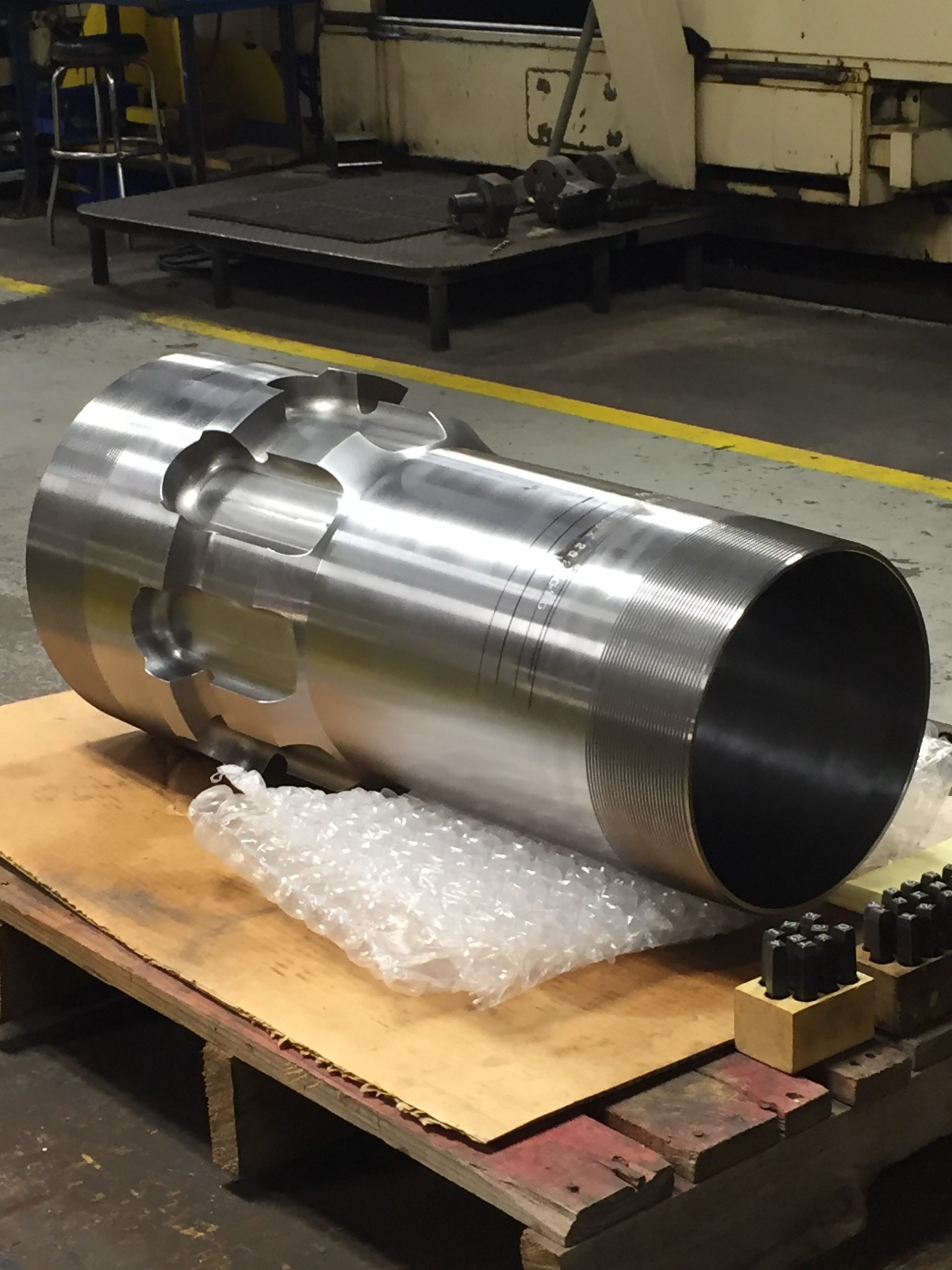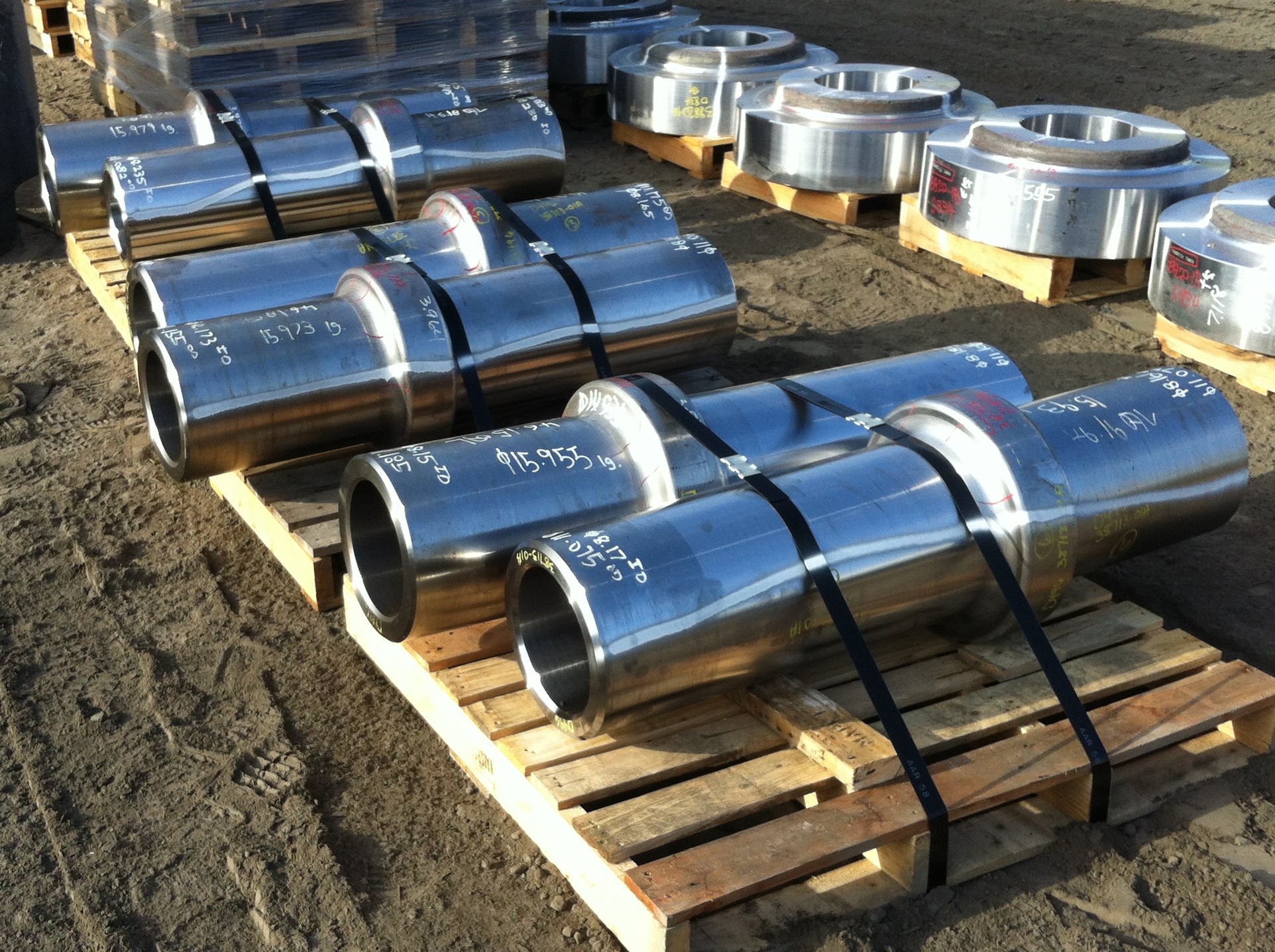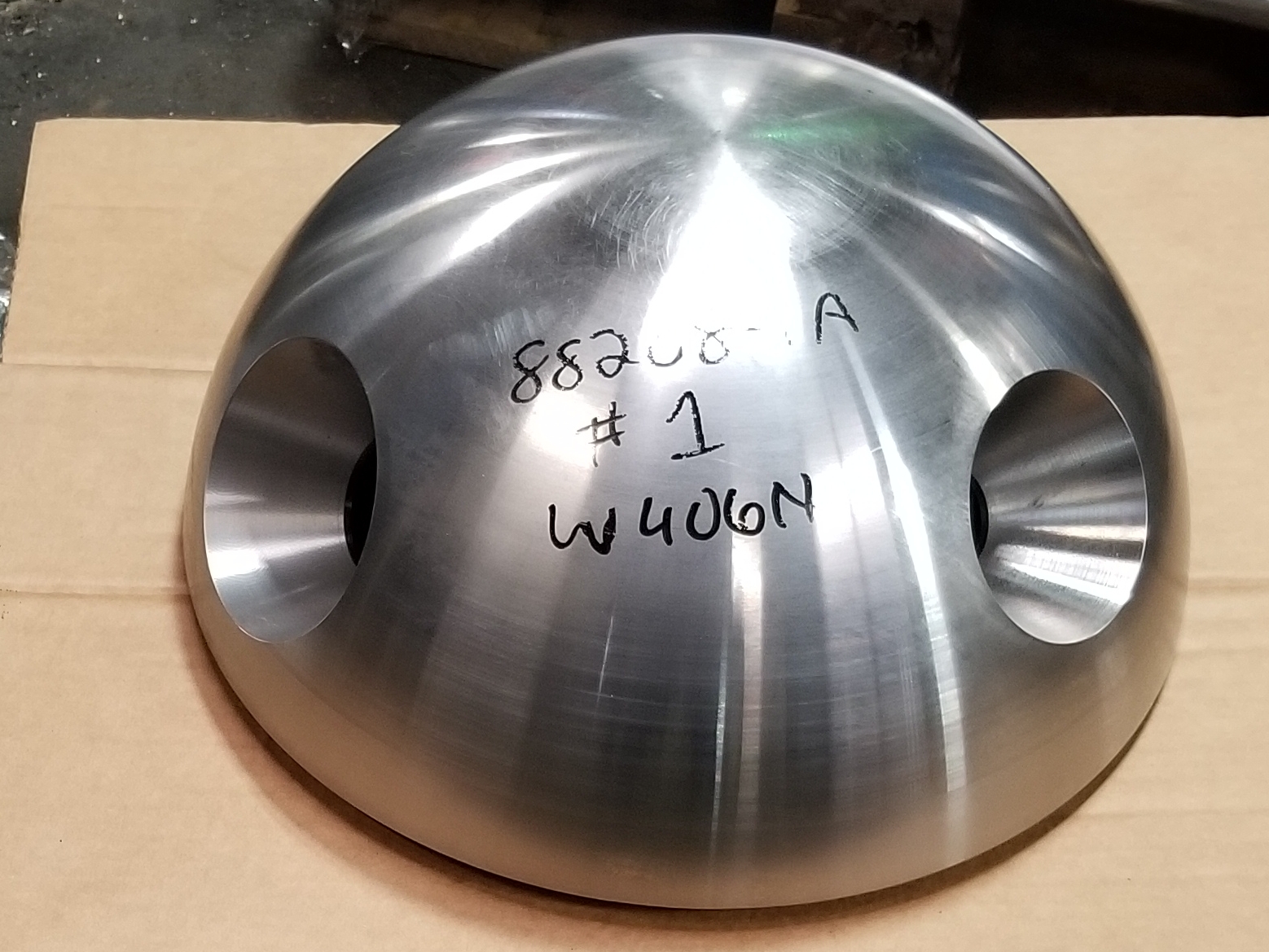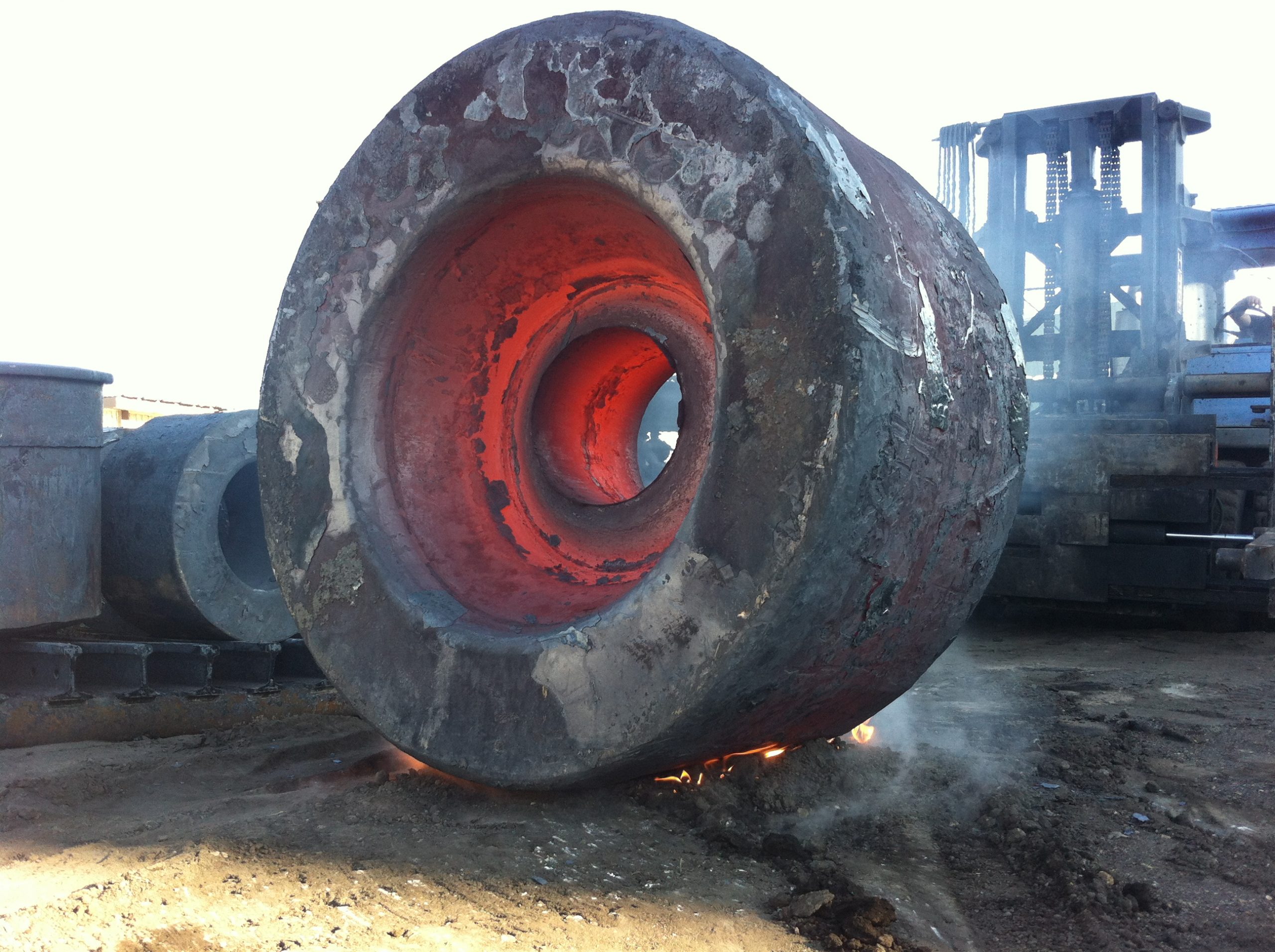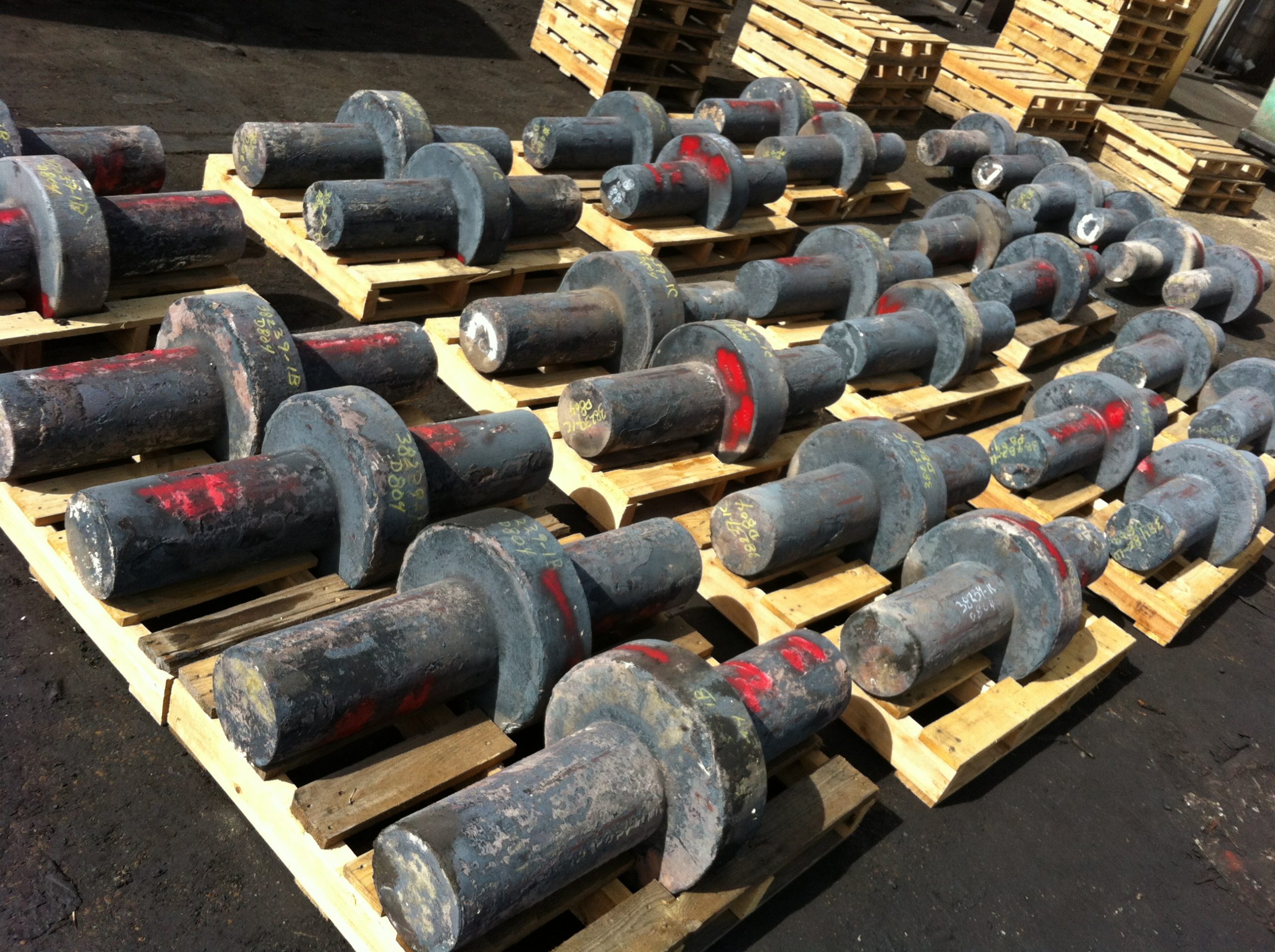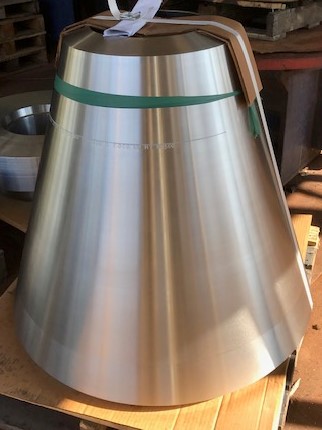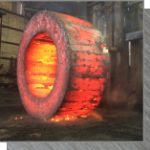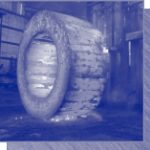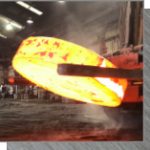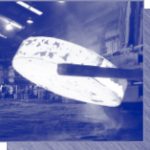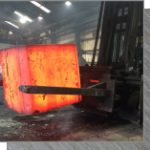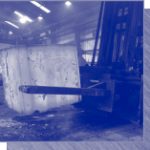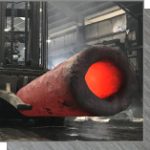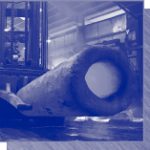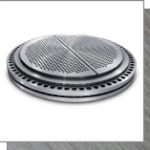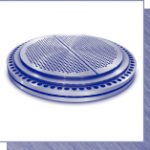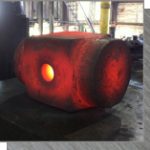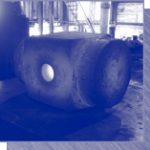MISCELLANEOUS CUSTOM FORGING
Forging is often the preferred method when seeking strength, toughness, and integrity in a metal component. Its ability to shape metals near their desired form minimizes the need for extensive machining and conserves materials. Nevertheless, forging is not a one-size-fits-all approach, as various variants exist to accomplish specific objectives. With Forged Components state-of-the-art forging facilities and machinery, we are able to manufacture almost any forging requirement you may have.
Production Timeline
If you are looking to have custom metal forgings made using the impression die process, it's important to understand that it will require custom tooling, which takes time to create. Thus, it is essential to have a clear understanding of the number of parts you need and the needed completion date for delivery.
The type of tooling that can be manufactured depends on the preferred timeline and production volume. Opting for a quick turnaround will result in the production of simple blocker tools, which may require additional machining for the forgings. Conversely, if more intricate forgings are desired, the manufacturing process will take longer to create the necessary tools.
Forging Complexity
The forging process cost is determined by the detail, material, and size of the forging. An example, impression die forging, which involves shaping the workpiece between two opposing dies, has limitations in terms of size and weight due to the capacity of the available forging equipment. Additionally, take into account the level of secondary machining needed as this will impact the complexity of the work performed.
Forging Materials
By controlling the grain structure and minimizing internal voids, forging improves the properties of the metal itself. However, the mechanical properties of the forged part are ultimately determined by the choice of material used. When selecting an alloy for a particular application, it is common to set limits for desired mechanical properties like tensile strength, hardness, and impact resistance.
For assistance in choosing the suitable material based on the required mechanical properties and other application needs, our support team will advise as to the best materials to be used. If specific materials like stainless steel or titanium are required, Forged Components possesses both the equipment and expertise to work with these materials.
Post Forging Machining
After the forging process, it is typically necessary to perform some level of machining. Furthermore, heat treatment is often necessary for various parts and alloys to enhance their strength, toughness, or surface hardness. In certain cases, particularly for components used in safety-focused applications, additional non-destructive testing like ultrasonic testing or magnetic particle inspection is also required.
While evaluating potential forging companies, it’s important to understand the level of post-forging work needed and determine if the manufacturer is able to perform all tasks associated with your order or will post forge machining and/or testing need to be completed by a 2nd supplier. At Forged Components, we are able to offer turn-key services for all of your forging needs, from selecting the material, the forging process, to testing and delivery.

